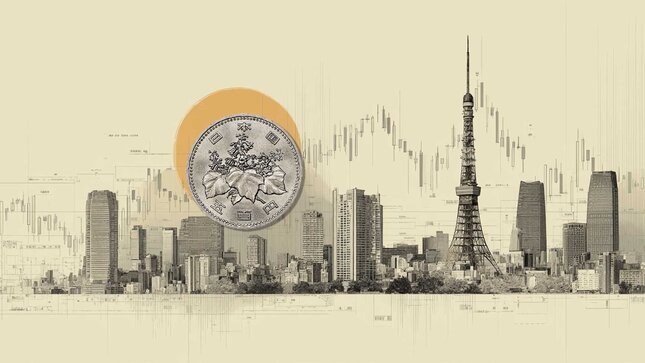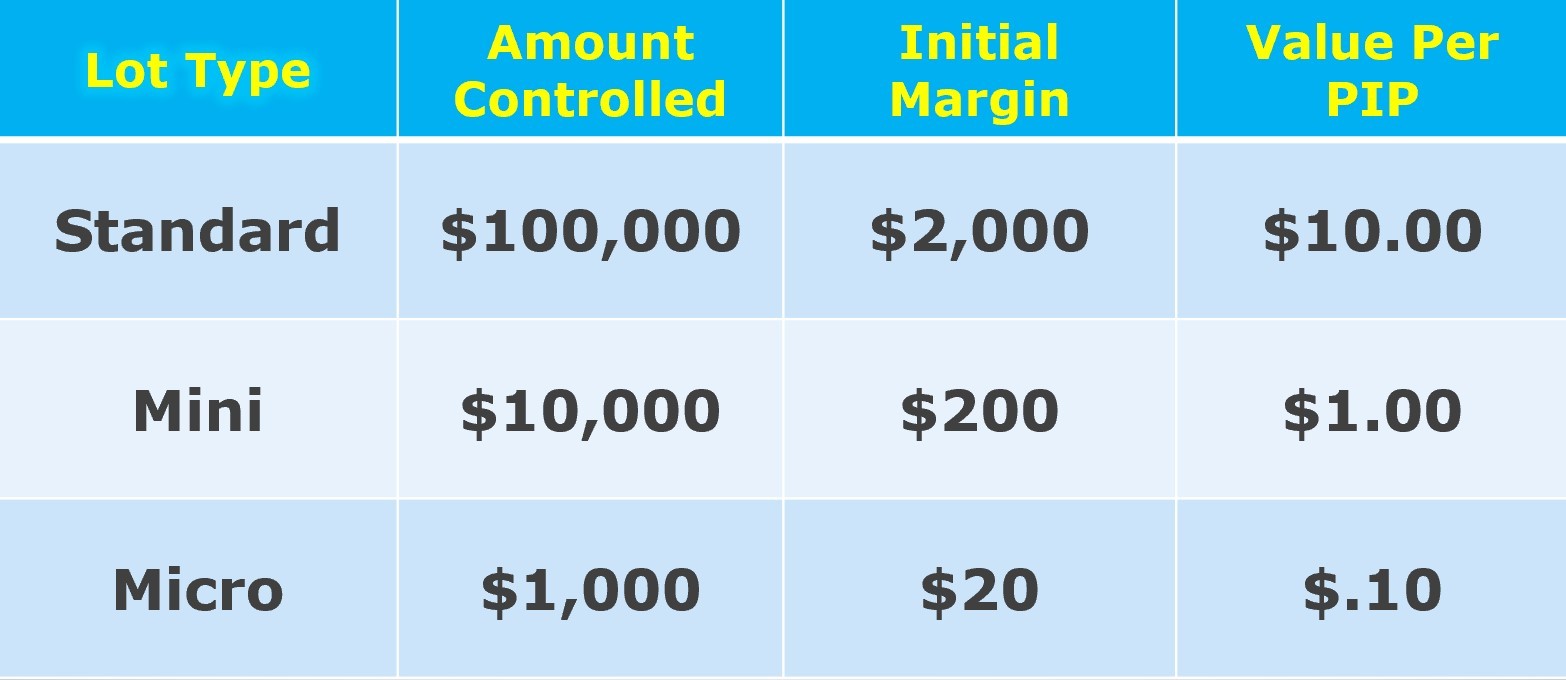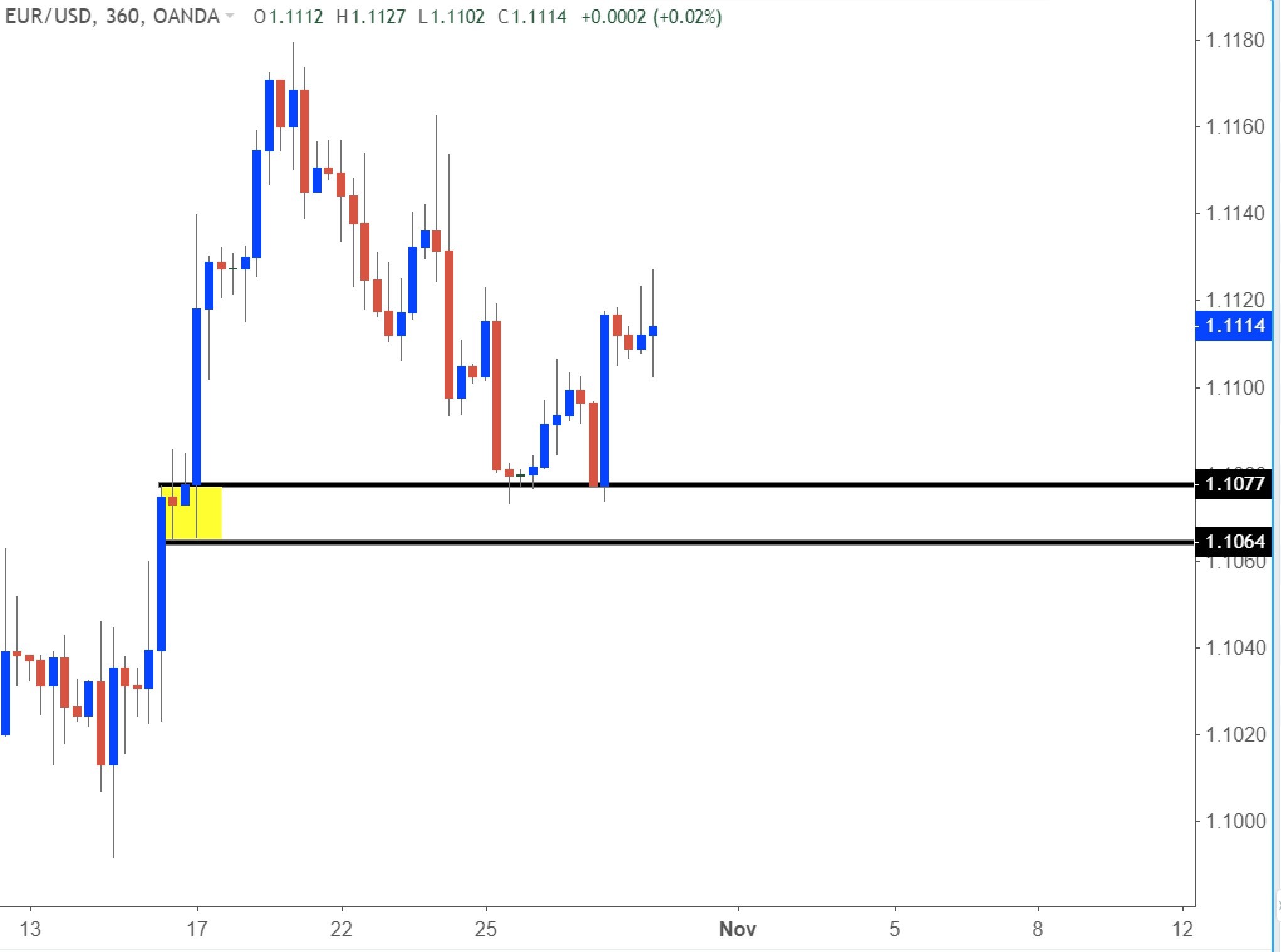It seems that every day the stock market is becoming more challenging for the retail investor to participate in, with increased volatility, wild swings and violent down days becoming the normal. And yet on top of that, we are seeing historically high prices which are simply increasing the risk of participation and reducing the potential rewards at the same time, making it harder than ever for most investors to meet their goals.
This weekend past, I had the pleasure of teaching a brand-new two-day class in the Online Trading Academy Tampa location entitled Trading for Income. As well as discussing the Online Trading Academy core strategy, we looked at alternative investments to stocks to make our money work harder and increase potential returns. The lessons quickly turned to the world of Forex trading and the power this market offers in the form of leverage. Leverage is a powerful tool when used responsibly, but also comes with risks if abused.
Most people are used to paying cash prices for their stocks and assets. For example, if I had $500 in my investing account and I wanted to purchase as many shares as possible of a $50 stock, I would be able to purchase 10 shares in total using the cash I had (10 x $50 = $500). Obviously, the more cash you have, the more shares you can buy. This is a highly limiting factor for those with lower account balances but also limits purchase power of those with higher sums of principal too.
What Is Leverage?
In trading and investing, the term leverage is used to describe when a speculator uses a small amount of money to control a larger amount. To be able to use leverage, you need to apply for a margin account for your trading. In a margin account, the broker effectively loans you a sizable portion of the cash required to buy assets. For example, in a stock margin account let’s say you had been granted the maximum 4:1 leverage, this means that every dollar on your account can purchase $4 worth of the stock.
Using the same example as above, with just $500 you would be able to buy $2000 of stock. Looking at it another way, instead of only being able to buy 10 shares of a $50 stock with your $500, you could in theory buy 40 shares of the same stock as you would be paying only $12.50 per share ($50 / 4 = $12.50). Brokers are willing to offer this leverage to traders because it encourages trading activity and therefore, they earn more regular commissions.
How Leverage Works in Forex
In the world of Forex trading, brokers offer more generous levels of leverage than when trading stocks. When trading Forex, the smallest amount we can buy or sell is $1000 worth of currency, and positions increase in $1000 increments. The physical cash required to buy or sell currency is called the margin. Typically, $20 of cash margin in your account will cover $1000 valued Forex trade and this increases in line with the trade size itself.
Forex Leverage Table
The chart above demonstrates that for every thousand dollars’ worth of Currency a trader would like to buy or sell, the broker will require another $20 down. The margin is held in escrow by the broker for the duration of the trade and when the trade is closed, the margin amount will be returned to the trader’s account, minus their loss or plus their profit depending how the trade works out. If there is not enough money in their account to cover the margin, the broker will not allow them to open the trade or will shut down an existing trade if losses exceed the margin amount.
As you can see above, most brokers typically offer margin ratios of 50:1, which is more than adequate for today’s markets. To make sure leverage is used responsibly, it is vital for traders to make use of stop loss orders to protect themselves and exit trades when they are not working in their favor.
Example of a Leveraged Forex Trade
It is Possible to track the profit and loss on Forex trades by measuring the PIPs movement on the position. For example, in the EURUSD pair chart above, having bought the currency at a Demand zone, the trader is getting a nice reaction in price as it moves to the upside. Let’s assume they bought at 1.1077 for their entry. The price is currently 1.1114. This means they have a total of 37 pips of profit. If they had bought a position of $100,000, they would see a pip value of $10 per pip, as show in the Forex leverage table above. This would see the trade with a current profit of $370. The FX broker would only be holding $2000 of the trader’s account equity in margin, however, meaning they could have taken this trade on an account of $2000 or more, which is a huge Return on Investment.
The Risk of Using Leverage When Trading Forex
If the trade was going against them and the EURUSD was trading at say 1.1040, they would be seeing a loss of 37 pips, or $370, which is a large percentage of a $2000 account! A 100-pip loss would see them losing $1000, meaning accounts can be blown up very quickly. While traders can make a lot of money using leverage in FX, they can also lose a lot of money too.
Here at Online Trading Academy our focus is always on responsible risk management first. It is a good practice for traders to risk no more than 0.5-1% of their accounts when starting out, meaning a $2000 account balance would allow trade risks of no more than $10 to $20 per trade. Therefore, starting with $1000 micro lots is ideal for the newer speculator. Remember this simple approach and you will be well on your way to a responsible exposure in the world of leveraged Forex.
The information provided is for informational purposes only. It does not constitute any form of advice or recommendation to buy or sell any securities or adopt any investment strategy mentioned. It is intended only to provide observations and views of the author(s) or hosts at the time of writing or presenting, both of which are subject to change at any time without prior notice. The information provided does not have regard to specific investment objectives, financial situation, or specific needs of any specific person who may read it. Investors should determine for themselves whether a particular service or product is suitable for their investment needs or should seek such professional advice for their particular situation. Please see our website for more information: https://bustamanteco.com/privacy-policy/
Editors’ Picks

EUR/USD: US Dollar to remain pressured until uncertainty fog dissipates Premium
The EUR/USD pair lost additional ground in the first week of February, settling at around 1.1820. The reversal lost momentum after the pair peaked at 1.2082 in January, its highest since mid-2021.

Gold: Volatility persists in commodity space Premium
After losing more than 8% to end the previous week, Gold (XAU/USD) remained under heavy selling pressure on Monday and dropped toward $4,400. Although XAU/USD staged a decisive rebound afterward, it failed to stabilize above $5,000.

GBP/USD: Pound Sterling tests key support ahead of a big week Premium
The Pound Sterling (GBP) changed course against the US Dollar (USD), with GBP/USD giving up nearly 200 pips in a dramatic correction.

Bitcoin: The worst may be behind us
Bitcoin (BTC) price recovers slightly, trading at $65,000 at the time of writing on Friday, after reaching a low of $60,000 during the early Asian trading session. The Crypto King remained under pressure so far this week, posting three consecutive weeks of losses exceeding 30%.

Three scenarios for Japanese Yen ahead of snap election Premium
The latest polls point to a dominant win for the ruling bloc at the upcoming Japanese snap election. The larger Sanae Takaichi’s mandate, the more investors fear faster implementation of tax cuts and spending plans.
RECOMMENDED LESSONS
Making money in forex is easy if you know how the bankers trade!
I’m often mystified in my educational forex articles why so many traders struggle to make consistent money out of forex trading. The answer has more to do with what they don’t know than what they do know. After working in investment banks for 20 years many of which were as a Chief trader its second knowledge how to extract cash out of the market.
5 Forex News Events You Need To Know
In the fast moving world of currency markets where huge moves can seemingly come from nowhere, it is extremely important for new traders to learn about the various economic indicators and forex news events and releases that shape the markets. Indeed, quickly getting a handle on which data to look out for, what it means, and how to trade it can see new traders quickly become far more profitable and sets up the road to long term success.
Top 10 Chart Patterns Every Trader Should Know
Chart patterns are one of the most effective trading tools for a trader. They are pure price-action, and form on the basis of underlying buying and selling pressure. Chart patterns have a proven track-record, and traders use them to identify continuation or reversal signals, to open positions and identify price targets.
7 Ways to Avoid Forex Scams
The forex industry is recently seeing more and more scams. Here are 7 ways to avoid losing your money in such scams: Forex scams are becoming frequent. Michael Greenberg reports on luxurious expenses, including a submarine bought from the money taken from forex traders. Here’s another report of a forex fraud. So, how can we avoid falling in such forex scams?
What Are the 10 Fatal Mistakes Traders Make
Trading is exciting. Trading is hard. Trading is extremely hard. Some say that it takes more than 10,000 hours to master. Others believe that trading is the way to quick riches. They might be both wrong. What is important to know that no matter how experienced you are, mistakes will be part of the trading process.
The challenge: Timing the market and trader psychology
Successful trading often comes down to timing – entering and exiting trades at the right moments. Yet timing the market is notoriously difficult, largely because human psychology can derail even the best plans. Two powerful emotions in particular – fear and greed – tend to drive trading decisions off course.




